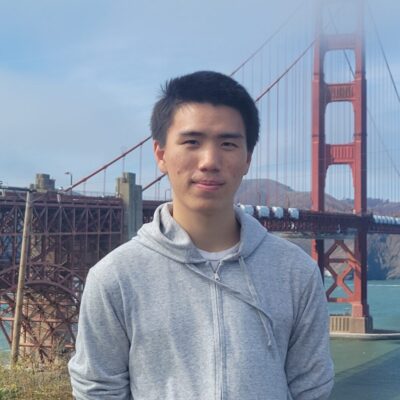Xavier Tao Rose Hills
Discovering Covalent Ligand Inhibitors for Cancer-Driving Mutations
Currently, most chemotherapy drugs used for cancer treatment target specific upregulated or dysfunctional pathways, rather than specific cancer-driving mutations. This results in adverse side effects or reduced applicability, since the drug can also affect normal pathways of healthy cells. In many tumors, cancer-driving mutations alter amino acid residues into cysteines. Due to cysteine’s unique chemical properties, these mutations are an ideal target for covalently binding molecules. This approach is especially useful in undruggable proteins lacking traditionally targeted binding pockets. In this regard, the Nomura Research Group has applied target-based screening of its cysteine-reactive compound library to identify hit compounds that covalently bind target proteins. In this project, I will express, purify, and screen human proteins with common cancer-driving mutations. Subsequently, I intend to utilize established chemoproteomic platforms to characterize hit features like proteome-wide selectivity and on-target engagement. My project ultimately intends to identify and characterize therapeutically useful chemical compounds targeting specific cancer-driving mutations.
Message To Sponsor
Thank you very much to the Rose Hills Foundation for funding my project! This fellowship will not only enable me to apply my knowledge from coursework and other experiences to a comprehensive research project, but also enable me to learn more about chemical biology and its applications. I truly appreciate the opportunity to both develop my skills as a researcher and work towards developing better cancer therapeutics.